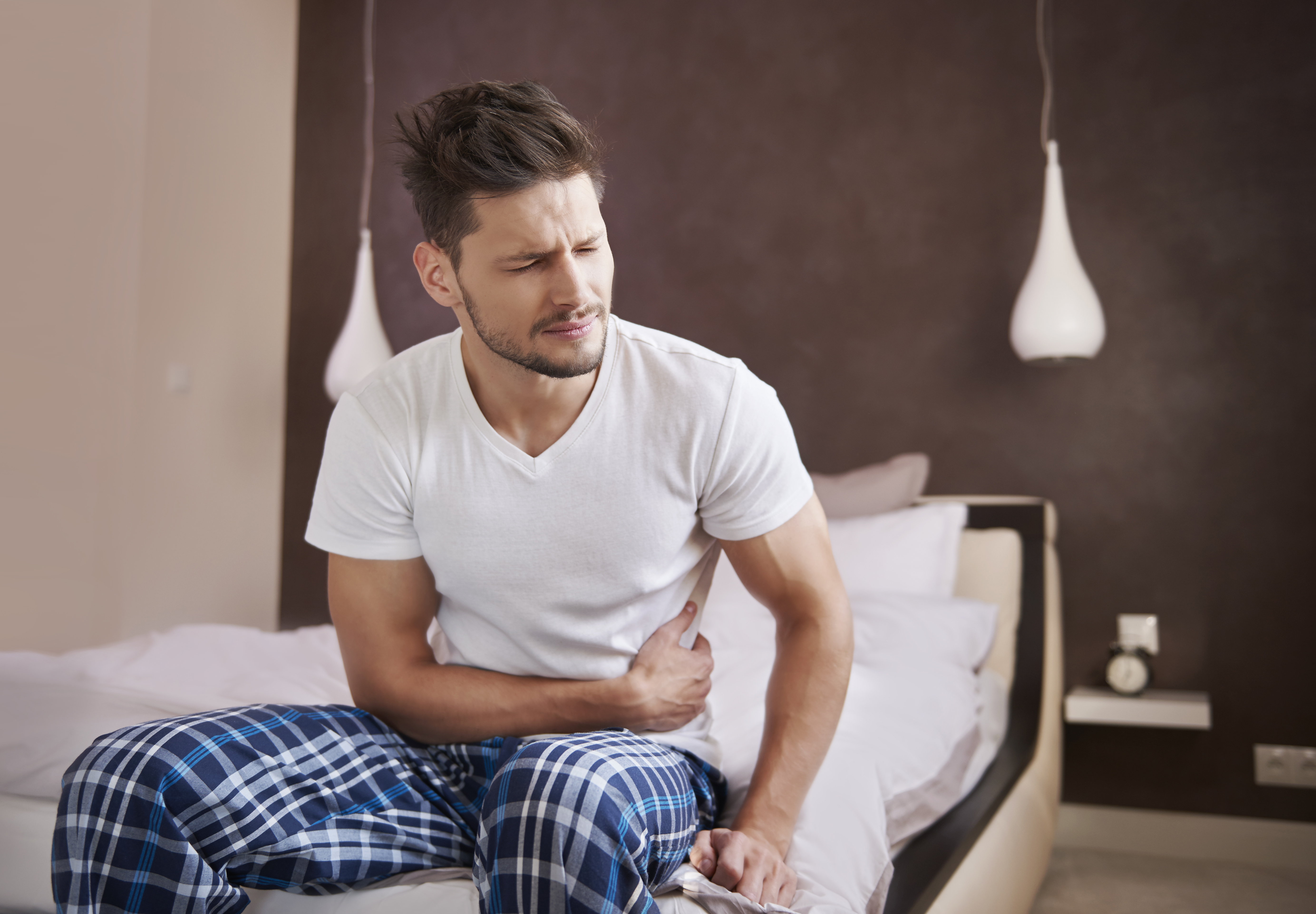What Vitamins Do Kids Need?

Both adults and children need vitamins and minerals daily to grow and be healthy. Different vitamins benefit different parts of the body, and it helps parents to be aware of what vitamins their kids need. Types of Vitamins The body is a strong, powerful machine powered by both water-soluble and fat-soluble nutrients. Fat-soluble nutrients stay stored in the body for anywhere from a few days to six months, and the body uses them when they are needed. Water-soluble vitamins need to be replaced more often because the body gets rid of them if they aren’t used. Some vitamins children regularly need include the following: Vitamin A: Extremely important when it comes to eyesight and night vision, vitamin A also helps when it comes to seeing color and boosts the immune system to help the body fight infections. Vitamin A is often found in orange vegetables and fruits, milk and dark green leafy vegetables. The B Vitamins: There is a long list of B vitamins, including folic acid, niacin, and B1


